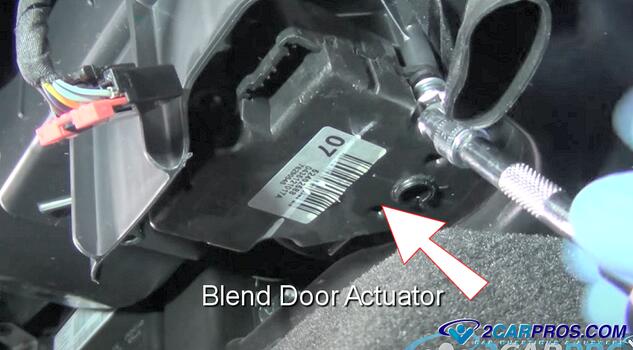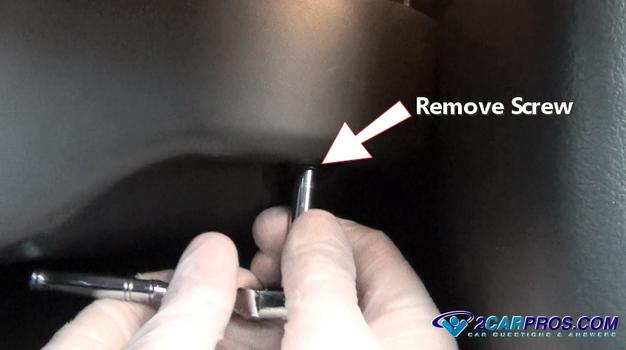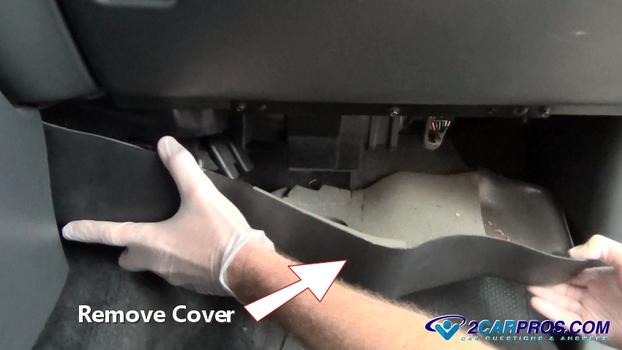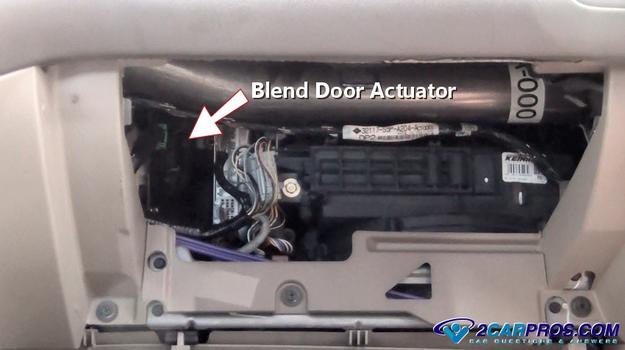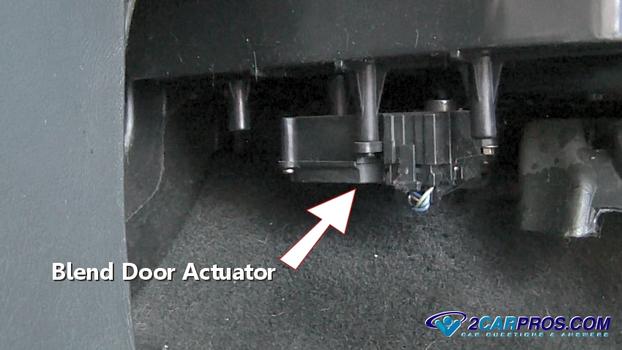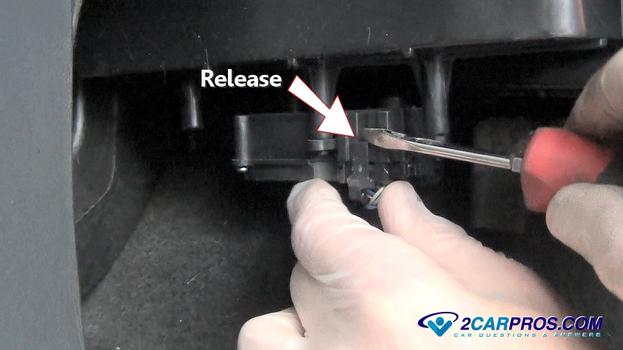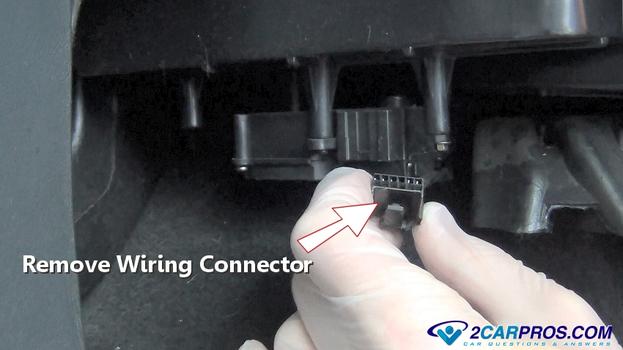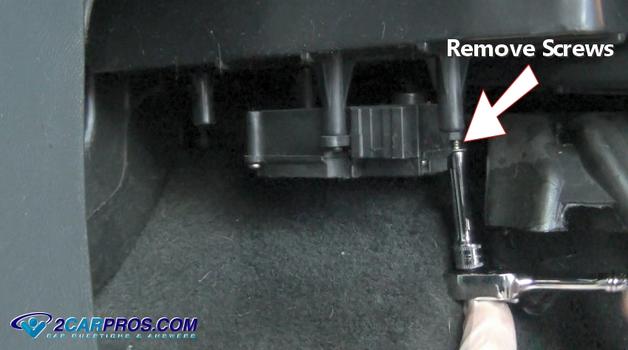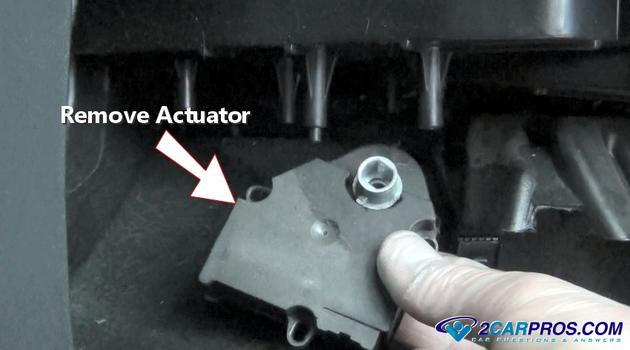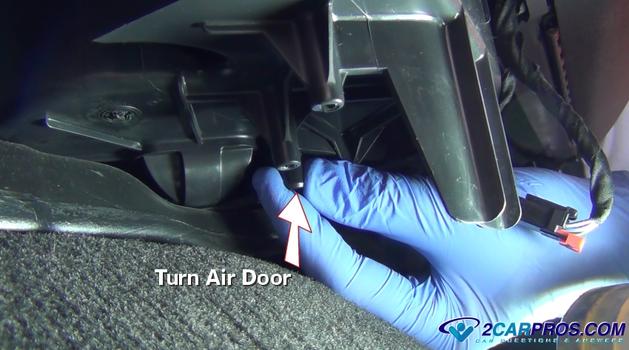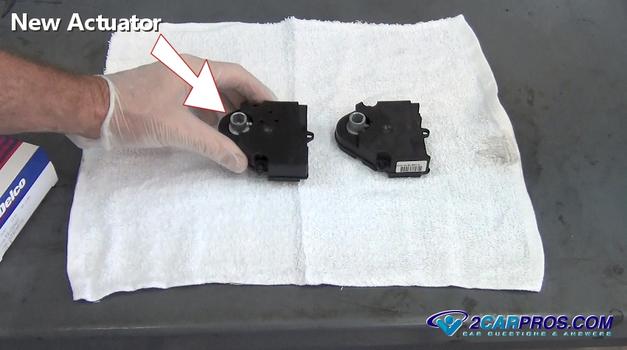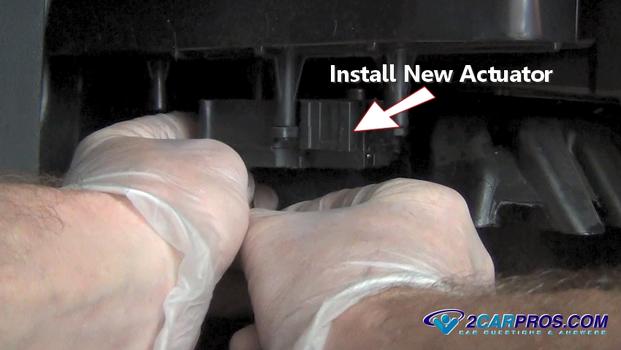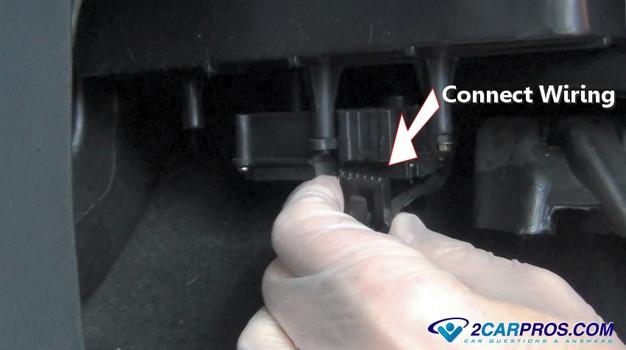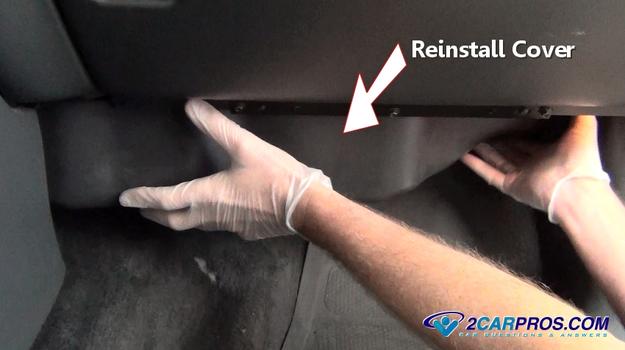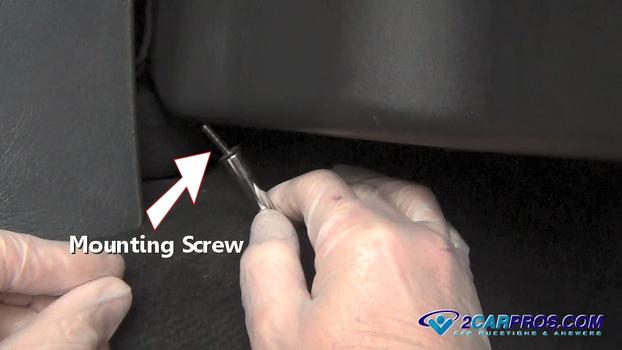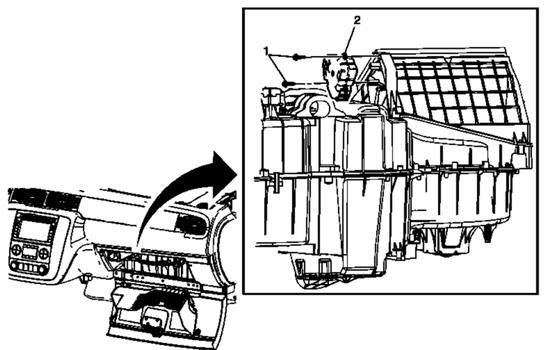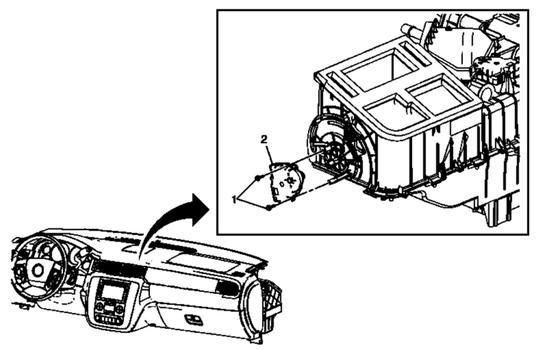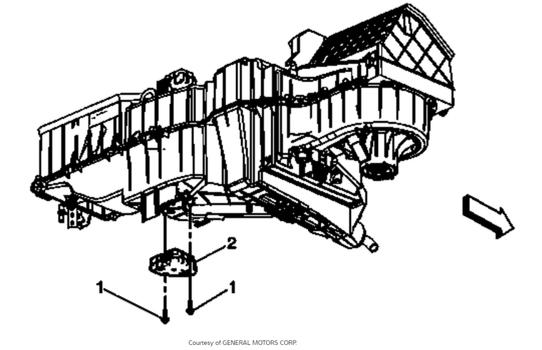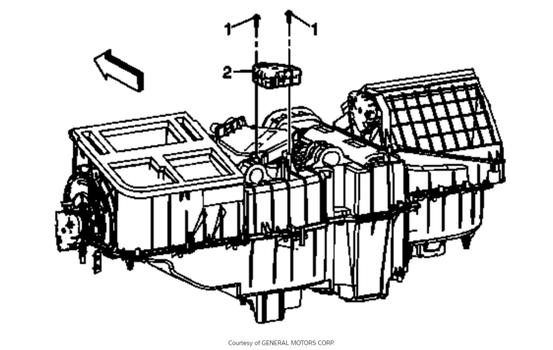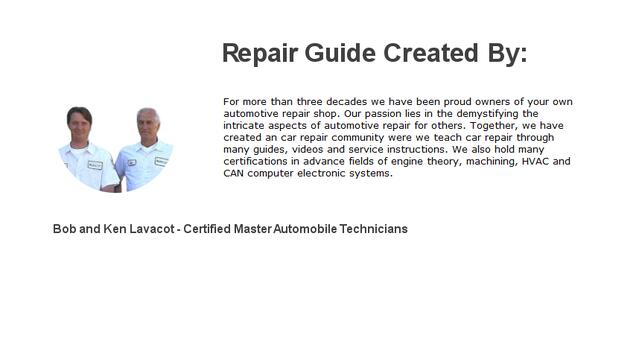Do you hear a ticking noise coming from inside your dashboard when the HVAC system is on? Does your car heater blow cold, or the air conditioner blow hot? These are signs that a blend door actuator has gone bad. With a little help from us, and about a half hour of your time you can replace this part to get your climate control back working again, or you can see what you are paying for when your car is in for repairs. Note: A blend door actuator can be called different things by various manufacturers such as:
- HVAC Actuator
- Air Mix Actuator
- Temperature Blend Door Motor
- Climate Control Actuator
- Temperature Control Actuator
- Air Temperature Control Actuator
- Air Door Actuator
- Mode Door Actuator
- Vent Door Actuator
- Heater Blend Door Actuator
- Temperature Door Actuator
- AC Blend Door Actuator
- Air Mix Door Actuator
- Temperature Valve Actuator
What Goes Wrong?
A blend door actuator is made up of an electric motor that turns plastic gears in one direction or another which is connected to an air control door pivot at the final drive of the unit. This actuator can go bad in of two ways; first the electric motor can burn out rendering the unit non-responsive so nothing changes when the temperature or vent mode controls are moved. Next, the plastic gear set will become brittle and break which will sometimes allow the unit to work while making a ticking or clicking noise and then stop. This is a common problem in most car's heater and air conditioner systems.
Locations
Begin by identifying the vent selection problem either defrost, mid or floor, or temperature modes not working. Then locate and identify the actuator to be replaced. These units can be either hanging in front of you or in a little more obscure places such as on the side or top of the HVAC plenum. These repairs can take a little longer because more parts need to be removed to gain access to the blend door actuator. If you need help with the location of a particular actuator please ask one of our experts for free.
Let's Get Started
You can get an OEM replacement actuator from Amazon for what the garages pay for them in most cases. You will need a tool set including an 5.5 mm socket for Chevy, GMC, Cadillac, Ford and Lincoln vehicles. Ensure your car is parked on level ground, engine off, and the keys are removed from the ignition. Disconnect the battery to avoid electrical shocks or accidental airbag deployment.
Tools and Materials Needed
- Socket set (metric and standard)
- Screwdrivers (Phillips and flathead)
- Trim removal tool
- Flashlight or work light
- Replacement blend door actuator
- Safety glasses
- Gloves
Remove the Lower Dashboard Panel, Trim or Glove Box
1. Most of the time a panel or two will need to be removed to complete the job. Using a small socket and ratchet remove the mounting bolts that hold the under dash plastic cover on the passenger side, these screws can be in obscure places so look around for them.
2. Once you have located and removed all of the mounting screws grasp the cover and gently pull it from the underside of the dash. This will expose the heater box with various controls including any wiring.
3. Here is what it looks like when the glove box is removed exposing the blend door actuator for replacement.
Remove the Door Actuator
4. Here is a typical right side temperature actuator used for dual climate controls (also temperature for signal mode units). This actuator hangs below the box which is one of the easier units to replace.
5. Begin by using a small screwdriver to release the wiring safety clip on the harness for the actuator. These clips can be brittle and break so be gentle.
6. Once released gently pull down on the wiring connector and remove it from the blend door actuator. Inspect the connector for rust or corrosion and clean as needed.
Remove the Actuator
7. Locate and remove the actuator mounting screws. There should be two or three screws holding it in place. A small universal might be needed to help remove the screws in awkward places. Once removed place the screws into a small container so they don't get lost.
8. Once all of the mounting screws have been removed the actuator should become loose. Grasp the actuator and pull it from its mount to remove.
Turn the Air Door Pivot
9. Before installing the new actuator it's a good idea to manually turn the blend door in both directions to ensure it is not stuck which will cause the new actuator to fail. Grasp the door pivot and move it back and forth to its full travel, it should move freely. If you cannot move the blend door an obstruction has gotten in the way of the door movement. These obstructions include: pen, tooth pick, small toy or bubble gum to name a few. If the door is stuck the heater plenum with need to be removed and the problem resolved before installing the new unit.
To test the blend door operation and to double check that you are changing the correct actuator motor turn the blower motor on and work the door in each way. You will be able to feel the air change temperature or vent level.
Match the New Blend Door Actuator
10. Compare the bad actuator to the new unit. Be sure to check the wiring harness connector terminals they should match identically. Now the new part is ready to be installed.
Install the New Actuator
11. Install the new part in place as you insert the mounting screws by hand. Be careful not to cross thread the mounting screws because they thread into the plastic housing and can easily strip, (do not over tighten).
12. Once all screws are in place firmly push the wiring harness connector back into the actuator. You should hear a click signaling the correct installing of the connector.
Reinstall the Dashboard Trim or Glove Box
13. After the installation is complete double check your work and reinstall the plastic cover. This can take some jostling to get the bolts holes lined up so hang in there.
14. Once the cover is in place start the installation of the mounting screws by hand, once hand threaded install the remainder of the screws. Do not tighten the first screw you have threaded in until all of the screws because it will make the remainder of the screws harder to install.
Blend Door Actuator Calibration
Preferred Method (with Scan Tool)
Note: Do not operate any HVAC controls while the HVAC control module is calibrating
as this may interrupt the process. If interrupted, improper HVAC performance will
result.
- Using a scan tool, perform the HVAC Actuators Learn in the HVAC Control Module.
- Follow the scan tool directions to complete the procedure.
- Operate the system and verify that no DTCs have set as current DTCs.
Alternate Method (without Scan Tool)
- Ignition OFF/ Vehicle OFF.
- Remove the HVAC control module fuse for a minimum of 10 seconds.
- Install the HVAC control module fuse.
- Start the vehicle.
- Wait 40 seconds for the HVAC control module to self-calibrate.
15. After cover has been re-installed start the engine to test the repair job by turning the climate control on and moving the controls from hot and cold and from defrost to the mid and floor positions to ensure the new actuator is working as it should.
You can use a repair resource such as Mitchell1, a paper manual found on Amazon or a resource like Google images to locate the particular area in which the actuator needs to be replacement.
Here is an example of a Silverado, Suburban and Tahoe locations.
Recirculation Actuator
Mode (Defrost Mid Vent and Floor) Actuator Location
Left Temperature Actuator Location - Signal System Temperature Actuator
Right Temperature Blend Door Location
Watch the Video!
Please watch this video of the job being done to glean additional helpful information.
Credits
This guide knowledge base was created by the 2CarPros Team, and by Ken Lavacot: Automobile repair shop owner and certified master automobile technician of over 30 years. If you have question or need help please ask one of our experts we are happy to help. Please visit our 2CarPros YouTube Channel.



